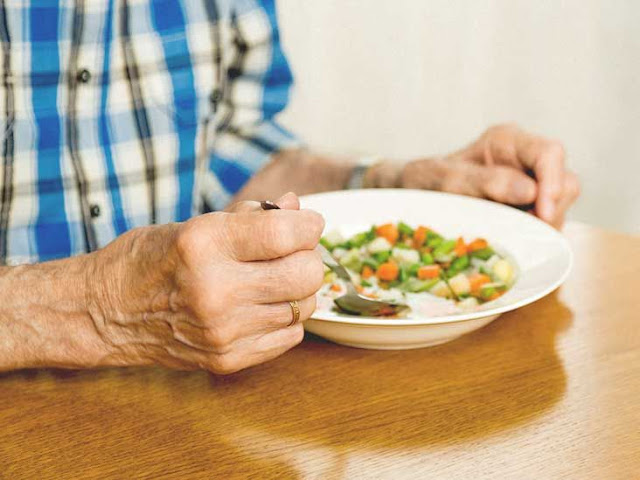Protect your scalp from getting itchy, dry

Winter brings dry and itchy scalp, but incorporating few things like increasing your probiotics intake and minimising hair wash can do wonders. Gaurang Krishna, Specialist Hair Transplant Surgeon and Consultant Dermatologist, Director at MedLinks, suggests: * Minimise stress level: Stress impacts various aspects of our health and well-being. While stress doesn't directly cause an itchy scalp , it can aggravate the symptoms. * Wash your hair less often: Excessive use of shampoo can strip your hair of lucrative moisture and leave it even dryer. Washing your hair less often will help regain your hair's lustre. Incorporate a mild, pH balanced, sulphate-free shampoo with a hydrating conditioner in your hair care routine. Oiling the scalp an hour before your head wash will also soothe your scalp. * Increase your probiotics and water intake: Probiotics enhance the immune system, which in turn helps the body fight fungal infections that contribute to dandruff or dry ...


